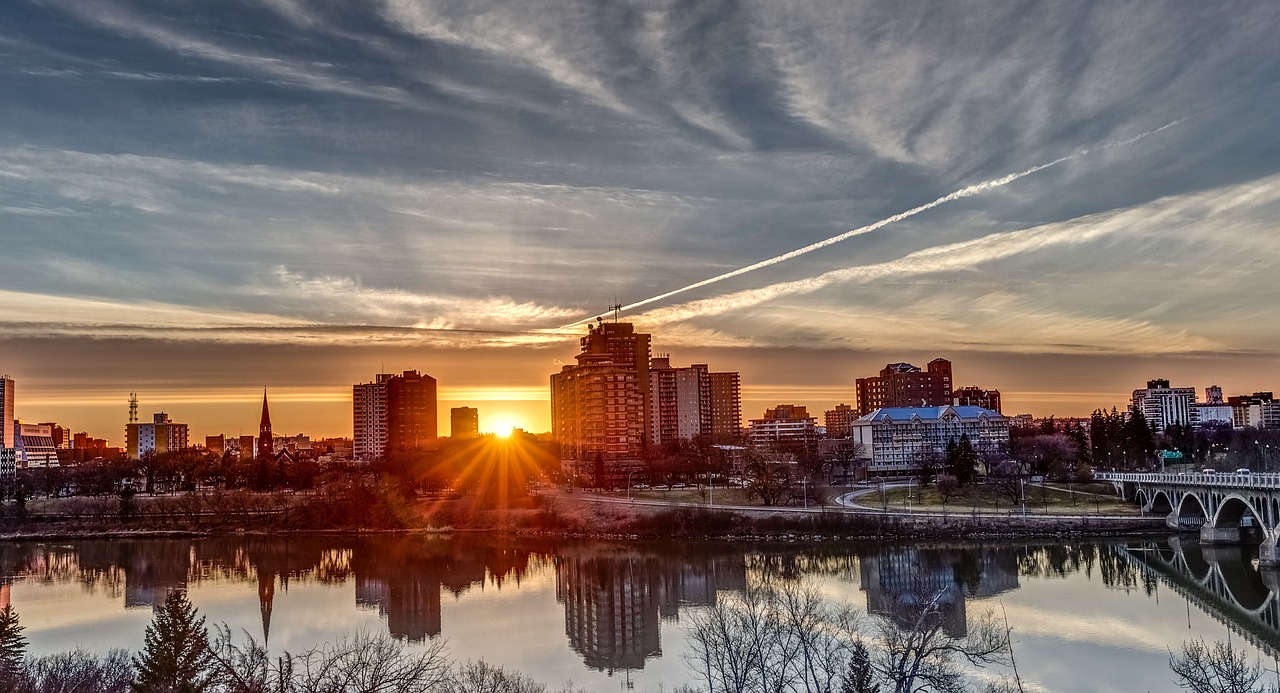This opinion piece originally ran in the Saskatoon Star Phoenix.
Canada’s long-term competitiveness relies on achieving a net-zero electricity grid without compromising reliability or affordability.
Landing policy that achieves those outcomes requires constructive public discussions grounded in the facts. Recent commentary on Saskatchewan’s electricity transition doesn’t move the discussion forward.
The Government of Saskatchewan’s recent response to the federal government’s draft Clean Electricity Regulations sounds the alarm over potential implications for the province.
The government claims the regulations are “technologically and logistically unattainable” and cites cost estimates to argue that they would make electricity unaffordable.
Ignoring flexibility
Saskatchewan claims that the regulations will “impose a net-zero electricity grid across Canada by 2035.” In May, Premier Moe claimed the regulations would turn off all of the province’s natural gas power plants by 2035. But that is simply not the case.
In fact, the draft regulations would allow newer gas plants to continue serving the grid beyond 2035 without constraint, and for all gas plants to provide backup, within certain limits, when demand peaks or renewables aren’t producing.
And, in case of emergency, natural gas generation could operate as needed to ensure reliability.
Indeed, Saskatchewan has one large gas-powered plant, plus another one under construction that will start operating next year. Under the draft regulations, these plants can run without constraint until the end of 2039 and 2044, respectively.
Add the opportunities for upgrading or building new plants with carbon capture and storage — which can continue operating indefinitely under the regulations and receive a relaxed performance standard in their first years of operation — plus the exemption for providing backup power, and there is simply no basis to the claim that Saskatchewan has to stop using gas as a source of electricity.
Distorting costs, benefits
The government also claims that complying with the regulations will cost Saskatchewan $40 billion, but that figure does not stand up to scrutiny. According to SaskPower, three-quarters of it is investment in electricity infrastructure planned to take place anyway — with or without the regulations.
Moreover, the numbers don’t appear to account for the significant federal money on the table to help Saskatchewan build a cleaner grid — which, for Saskatchewan, could number as high as $2.6 billion by 2035.
Investments in new low-cost and low-emission generation will also protect consumers from volatility in fossil energy prices, and are vital to attracting investment.
Time to talk
As the federal government works to finalize its draft clean electricity regulations, there is no better time for an open, thoughtful and factual discussion about the barriers and benefits of building a bigger, cleaner, smarter electricity grid in every province.
Concerns about impacts on provinces like Saskatchewan are legitimate, and changes could help make sure the regulations work better for them. To this end, the Canadian Climate Institute has proposed expanding the flexibilities in the final regulations to better support grid affordability and reliability.
Provinces with emissions-intensive grids like Saskatchewan have much at stake and deserve to have their concerns and feedback heard. Saskatchewan has an opportunity to offer constructive ideas to improve the draft electricity regulations, as SaskPower has recently done in a submission to the federal government.
But the latest arguments from the Saskatchewan government only muddy the waters.
Robust public debate about the clean electricity regulations is critical, but that debate needs to be grounded in facts — something people in Saskatchewan deserve more of in the conversation about how to build, and benefit from, a stronger electricity system that is clean, affordable, and reliable.
Sara Hastings-Simon is an associate professor in the department of Earth, Energy and Environment and School of Public Policy at the University of Calgary, and co-host of the Energy vs Climate podcast. Jason Dion is the senior research director at the Canadian Climate Institute, a national climate policy research organization.

